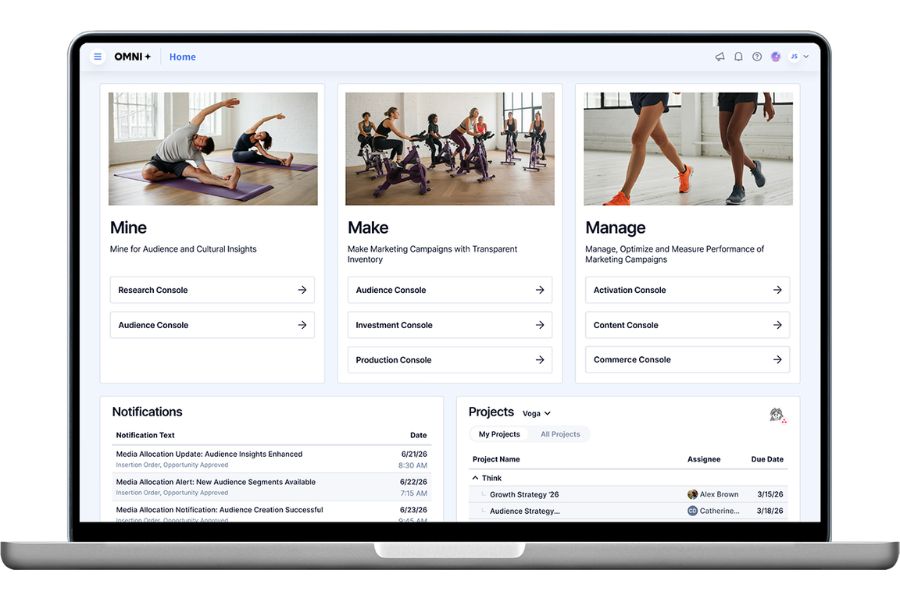Speaking at the Festival of Asian Marketing Effectiveness 2013 in Shanghai yesterday, Harty related a ComScore report from last year that profiled people who clicked on online advertisements and those who ultimately converted. The online measurement company discovered a less than 0.01 correlation between the two groups.
"People who clicked tended to be either very old or very young," Harty said. "In other words, they didn't tend to have much buying power. Those who converted tended to be from the middle age range—in other words, those who click are not your customers."
Based on this insight, the obsession with clickthrough rates is dangerous and unprofitable for marketers.
| View all Festival of Asian Marketing Effectiveness coverage >> |
"We don't expect people to click on print TV and radio," Harty continued. "Our expectation is strange that just because banner ads can be clicked on, that's the most important factor."
Because 90 per cent of web surfers never click on ads, targeting ads to those who do is essentially aiming for a subset of a subset. "In fact when CTR goes up, conversion rates drop," Harty said. "Why are we concentrating spend and optimisation around people who are not likely to spend?"
Accuen's own insight on post-click information and post-view impression activity supports the study, he continued. Two campaigns, one geared for clickthrough rates and the other with a mirror strategy, not optimised for CTR, had identical conversion rates. "CTR had no bearing on eventual outcome," he said. "It's a false metric and using it the way we have is a mistake."
So what should online media buyers be doing?
1. Use the data to control the message
Consumers move through different stages in the purchasing process, and online those stages are clearly marked out like milestones. "We don't control messaging very well," Harty said. "We should be changing the message as they pass through each stage."
2. Forget clicks forever
"They don't do anything useful for us," he said. "Get rid of them from our campaigns and don't go down that route anymore."
3. Keep our media-planning skills
While the instincts honed by media planners and buyers may not always be scientific, they represent experience gained over decades. "Computers have to try thousands of possibilities before they come up with the best answer," Harty said. "A person can cut through all that and save time."
4. Don't be blinded by parlor tricks
New technologies can be like "mesmerising shiny baubles", but advertisers must strive to know how they work and apply them usefully.
"The technology might change, giving us the ability to do smarter advertising which changes the work forever," he concluded. "But the job's still the same, so the world has actually changed just a little bit."
The article first appeared on Campaign Asia




